Call it what one will, some are destine to be stars. Born Georgios Kyriacos Panayiotou on June 25th of 1963 to Kyriacos Panayiotou, a Greek Cypriot immigrant relocated to England, and Lesley Angold, George Michael caught the music bug at a very young age. Much like other kids with entertainment aspirations, he had lavish dreams of making it big and was determined to become a Pop star.
Thrust into the limelight while still a teenager, Michael would quickly go on to become one of the most recognized faces and voices of the 1980s. For nearly a decade, Michael’s name could easily be mentioned in the same breath as Madonna, Michael Jackson, and Prince as generational Pop icons. Now, in the wake of his tragic death on Christmas day of 2016, many reflect on the cultural influence, music, and life of the immensely talented George Michael.
Brought up in a middle class family, Michael’s parents moved him and his two sisters from an apartment in Kingsbury, London to a bigger home in Radlett, Hertfordshire by his teenager years. Taught the value of money and work ethic, Michael had stated in interviews that he was very much supposed to study to be either an accountant or a lawyer, but sometimes things do not go as planned. First getting the confidence to try his hand in music, he would attend Bushey Meads School in Bushey where he met his friend and future musical partner, Andrew Ridgeley. Ridgeley and Michael spent a great deal of time together and soon formed The Executive while in high school. A first experience, the project was short-lived, but did not deter Ridgeley or Michael to continue to pursuing their dreams. With their spirits and determination high, they quickly went off to form the twosome known to all as Wham!.
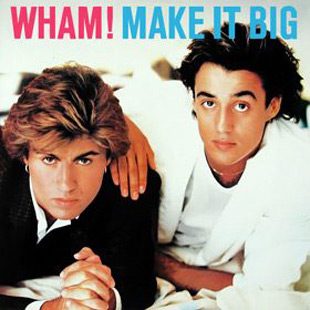

A vastly different endeavor than The Executive, Wham! was the perfect match for Michael and Ridgeley. Looking to define their image, Wham! debuted in June of 1982 with “Wham Rap! (Enjoy What You Do).” A raw, rebellious sound, Wham! would soon morph into a more clean-cut style with the single “Young Guns (Go for It).” On their way to superstardom on an international level, their fittingly titled 1984 sophomore album, Make It Big, would see them grab a mass of attention in the USA with massive singles including “Wake Me Up Before You Go-Go,” “Everything She Wants,” and “Freedom.” Highly accessible with a mix of styles, the Pop duo were on the verge of big things, and, in 1985, really made history when they became the first major Western band to play in China after the death of Mao Zedong.
Turning many heads and selling a ton of records, Make It Big has since gone six times platinum, and historically recognized as the album that put Wham! on the bigger map. Although, Michael clearly wanted more, he wanted to be recognized for his songwriting. Unsure if he was truly comfortable with all the media attention, he continued on with Wham!. During the craziness of what was Make It Big he offered up a solo song in July of 1984, the famous saxophone hooked “Careless Whisper.” Showing a different side of the singer, amazingly enough, the hit was written four years earlier when he was only 17 years of age. If anything, this was early evidence that a writer like Michael needed wings to grow and inevitably, after the release of Music from the Edge of Heaven in 1986, Wham! had officially broken up. A move that shocked fans, as they were clearly one of the hottest bands of the time, it was time for Michael to prove to the music world there was more than meets the eye with him.
Determined to be taken more seriously by an adult audience, Michael quickly looked to solidify himself, and one could turn to his 1987 collaboration with Aretha Franklin for the single “I Knew You Were Waiting” as that vehicle. An artist Michael grew up listening to, the duet gave him integrity in a new demographic of fans and paved the path for the biggest success to come. Obviously having experienced a great deal of media attention from his time in Wham!, Michael was unprepared for what was in store when he dropped his debut solo album, Faith, in the fall of 1987. A record anchored by lead single “I Want Your Sex,” the floodgates were opened and Michael was topping charts from the US to Italy and beyond. Releasing additional singles in 1988, including title-track “Faith,” “Father Figure,” the soulful “One More Try,” and “Monkey,” Michael was at the pinnacle of Pop Rock fame.
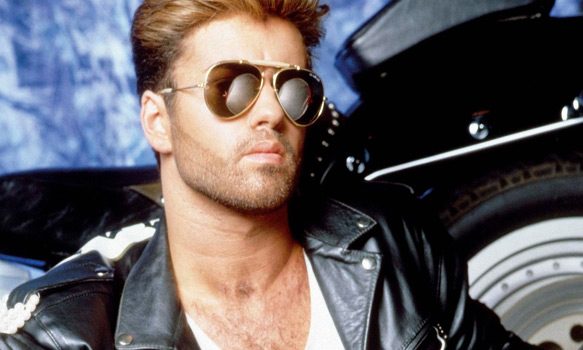
Still very young, at only 26 years old, once the tiring promotional cycle of Faith concluded, Michael was unsure if it was really the lifestyle he wanted to lead. A difficult decision for a young man, the attention was very polarizing for the singer, but through it all he never lost an appreciation for the critical acclaim. Having won several awards, including the Grammy Award for Album of the Year in 1989, Faith has sold over 25 million copies, and is unquestionable one of the biggest albums of all-time. Moreover, while perhaps the casual fan may not realize it, all the tracks on Faith were either written or co-written and produced by Michael himself. This showed him to be more than just a Pop star, he was now beginning to be recognized for what he always wanted to be, a songwriter.
Re-evaluating how he wanted to approach his future, Michael’s 1990 follow-up album, Listen Without Prejudice Vol. 1, saw him deciding not to partake in a heavy promotional tour. A decision which inevitably costed the release further exposure, in record label terms, it was considered a disappointment financially. Nonetheless, the album did hit number 2 on US charts, and contained some amazing original compositions from Michael including “Praying for Time” and “Freedom! ’90.” While some may say Michael misstepped with his decisions to lay low after the album’s release, his mental health would have dramatically suffered if he had not.
Now at the dawn of a new decade, times were changing in the US market, and with arrival of Grunge Rock, it seemed Michael’s low profile had left many listeners moving on. This was not helped by the lengthy legal battle Michael partook in with Sony/Columbia Records in an effort to have him released from an absurdly, lengthy thirty year contract. A bold move for Michael, he eventually lost in court, and after all the bad blood, Sony dismissed him anyway. No doubt a trying time for him, in hindsight, he did not regret the decision to take on the record company, and if anything, it showed future artists that independence is not only important, but sometimes vital for creativity.
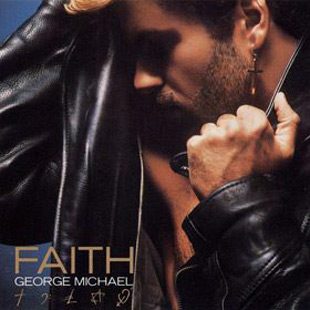
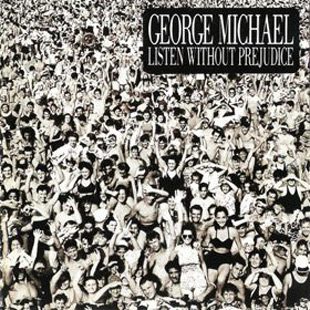
As a result it was not until 1996 when Michael would return with his third studio album, Older. A sort of reintroduction to the masses, he offered a shift in style, one that was more Jazz flavored with a mix of organic sounding brass and strings. Not nearly as successful as previous albums in the US, his homeland proved to be still very faithful to his music, making it his biggest-selling album there. More mature, wiser, and still growing as an artist, it seemed Michael was in a very good place. Unfortunately, in 1998, Michael was arrested for “engaging in a lewd act” in a public restroom of the Will Rogers Memorial Park, in Beverly Hills, California. An act that was highly publicized, speculation of his sexuality was now asserted to public eyes that he was a gay man.
Indiscreet about his sexuality for years, Michael never hid that he was gay, but also did not make it headlines for everyone to see. Having been with women in the past, he came to the realization that he was not a bisexual man, but a gay man around the time of the Faith album. No one’s business but his own, he looked back at the public embarrassment of the incident in 1998 as his way of subconsciously opening up. Since that time, he had been asked several times of how he felt people reacted about his coming out about being gay and Michael always remained classy, simply stating he honestly did not care if he sold records to people who were homophobic in the first place.
Recovering from the trauma of the humiliation, in 1999, Michael would go on to release what was supposed to be his final studio album, Songs from the Last Century. An album of cover tracks, the decision to make it his final studio album came from the idea that, from that point on, he would only be releasing music for free download or a charitable donation. Sadly, the move saw little in the way of any donations, so Michael decided to scrap the concept and simply just donate his own money at his own will to various causes. In fact, Michael’s philanthropism was not something he bragged about, but did from the kindness of his own heart. One could look back to as early as 1984 when he donated his own voice to Band Aid, on the charity song “Do They Know It’s Christmas?.” Even more shocking to some in the mainstream, Michael privately donated millions upon millions of dollars over the years to help children, making him one of the most giving individuals in the UK.
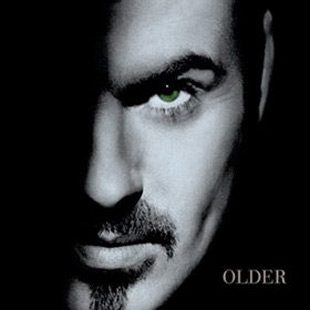
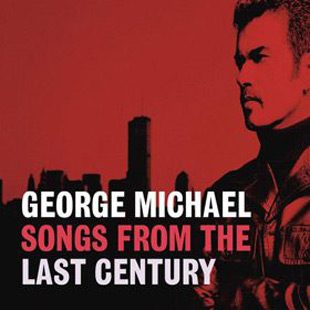
In the 2000s Michael would retain his relatively low-profile, releasing Patience in 2004, and in 2014, his only live album ever, Symphonica. In the time in between, he returned to touring with 25 Live Tour, visiting forty-one countries between 2006 and 2008. Subsequently, he would tour Australia in 2010 and Europe between 2011 and 2012, but unfortunately never had the chance to return to North America. Post-mortem, American fans wonder if he would have in fact returned to The States seeing he had plans to release a second documentary about his life come March of 2017. That said documentary, Freedom, is still on schedule for release, and should be a compelling watch for followers everywhere as Michael posted on social networks that it would feature some incredible, unseen archive footage.
Still, speculation surrounds the cause of Michael’s passing at only 53 years old. It is no secret that the musician had struggled with substance abuse in the past, and due to his very private lifestyle, no one really knows the extent of it all. No doubt a very intelligent and sensitive man, Michael had a great deal of heartache in his life. He was human, like everyone else, and hit very hard with the death of his mom in 1997. A man who concealed his sorrow in his music and distractions, he once said, “I always think life is divided into two sets of people, people who have lost, and people who haven’t yet. The day you lose, really lose, is the day you become a true adult.”
All this said, George Michael was in no ways a perfect man. He had his vices, he had his flaws, but as a whole, he was a good man who wanted to do good for others. Evident in the way he conducted himself as a professional musician, he would not give in to the corruption of the music industry and always wanted others to get the credit they deserve. As a creator, he is perhaps one of the most underrated songwriters of the last thirty years. Often discounted as just a Pop star or someone who calculated his road to fame, anyone who truly has listened to his music knows his progression as an artist was purely organic.
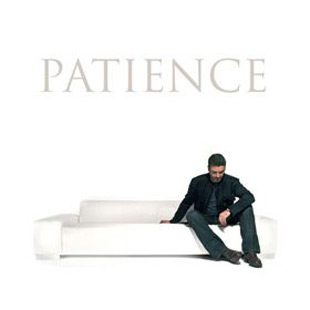

One of the most dynamic voices in modern music, he could work through many styles ranging from Pop as heard on songs like “Wake Me Up Before You Go-Go” to Soul, as heard on songs like “One More Try,” and more of a Rock edge as heard on songs like “Monkey.” He was also the definition of sex appeal in the ’80s, men wanted to be him, and women wanted to be with him. But what really separated Michael from other Pop superstars at the time? Well, one could look at Michael Jackson, Madonna, or Prince and think these were artists who were portraying a fantastical image of a Pop figure, whereas Michael was himself. An identity he struggled to find in his young years, much like everyone else, what fans saw is what they got with him. It was not an act, he was himself through and through. A approach that no doubt reflected in his music with the emotion and sincerity poured from each song he penned and performed.
While not as prolific as other Pop icons, Michael’s life took many twists and turns along the way. Known by friends and family as a very caring, generous person, to music lovers he will be remembered as one of the most exceptionally gifted singer-songwriters ever to grace the earth.
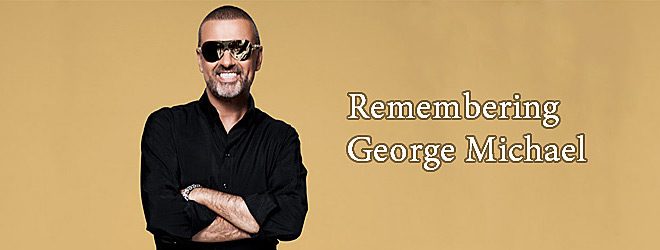
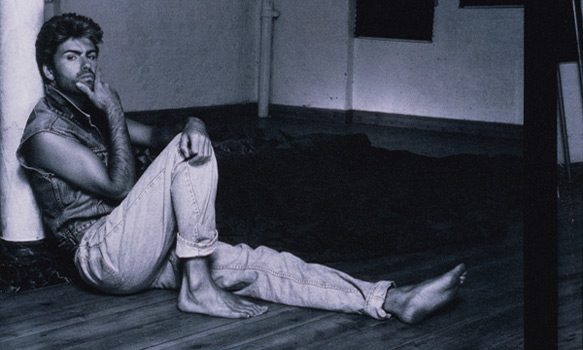

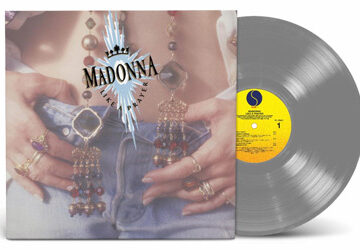



No comment